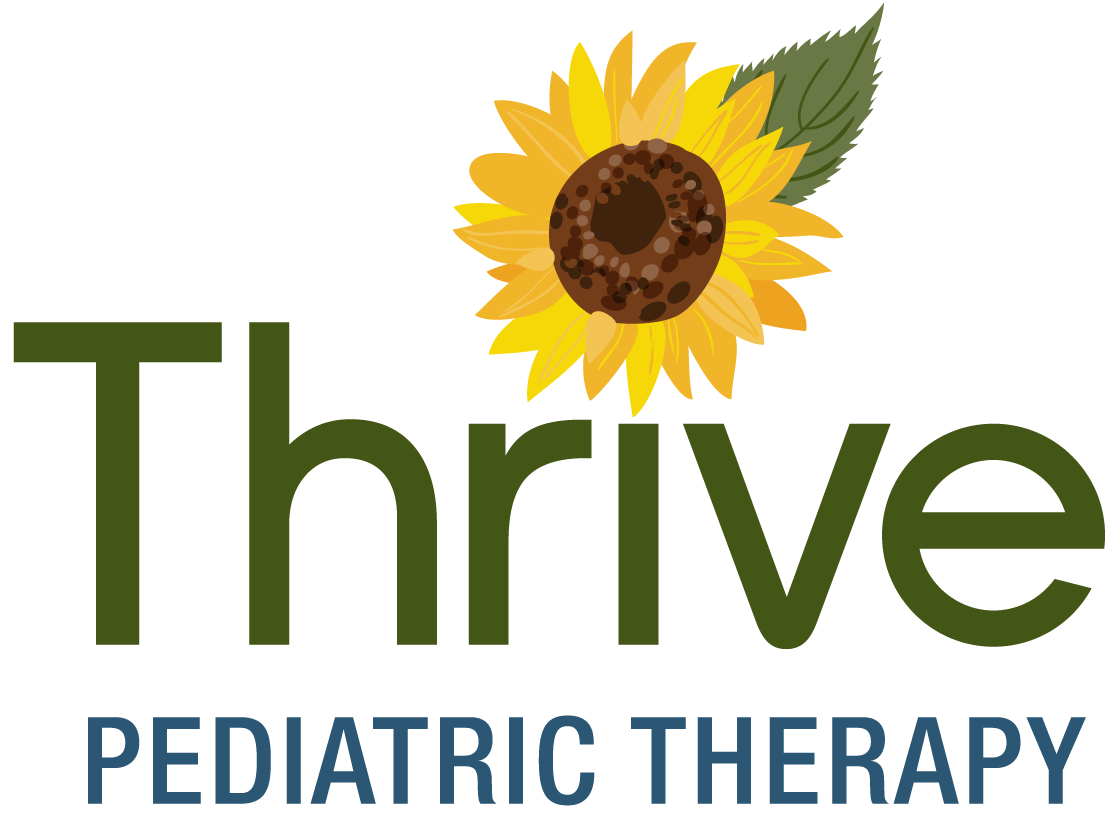Parents and caregivers are often the first to notice that their child may have a speech and language disorder. However, when confiding in friends, family, and professionals, parents and caregivers are often met with the phrase “Why not just wait and see?” Their concerns are often met with stories such as “I didn’t talk until I was 4, and I’m fine now” and “He’s only three, he’ll catch up on his own.” Here is why the “wait and see” approach should be avoided at all costs:
- Early diagnosis and treatment increases the chances for improvement. Treating communication difficulties early on can prevent potential problems with behavior, learning, reading, and social interaction.
- Children with communication delays that go undetected and untreated may exhibit challenging behaviors. These children often become frustrated with their inability to communicate effectively. Early treatment can help to prevent these communication-related behaviors.
- Neuroplasticity supports early speech and language intervention. Treatment is found to be the most beneficial when a child is young, as it is easier for children to acquire new information and improve function.
- It could lead to future problems with literacy. Speech and language skills are shown to directly relate to a child’s ability to read and write. Communication development supports future success related to literacy.
The EARLIER you get support for your child, the BETTER the outcome. Contact us to schedule your child’s comprehensive speech and language evaluation.

